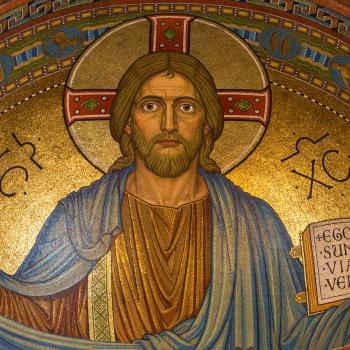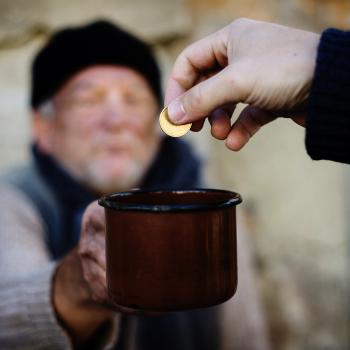In a number of issues facing our society today, you’ll often hear Catholics talk about the sanctity or dignity of life. We take creation and the existence of humanity on earth to be of divine providence—the greatest and most astounding of all miracles.
We exist for no other reason than God’s infinite and unfathomable love. We did not earn the right to exist, nor did we earn God’s love. It just is. Therefore, we Catholics believe that the sanctity of life must be cherished, respected, and above all, protected — “from conception to natural death” — simply stated, but yet, quite complicated in today’s world.
My next series of blogs is going to deal with the sanctity of life, and I’ll be covering a variety of topics surrounding this idea. To kick it off, with this post, I want to talk about the death penalty.
I won’t tell you that the Catholic Church forbids the use of the death penalty or that such an action is against Church teaching — because that would be heresy.
Legitimate public authority has the right and duty to inflict punishment proportionate to the gravity of the offense…Assuming that the guilty party’s identity and responsibility have been fully determined, the traditional teaching of the Church does not exclude recourse to the death penalty, if this is the only possible way of effectively defending human lives against the unjust aggressor.—The Catechism of the Catholic Church.
So, the Church doesn’t exclude the use of the death penalty, but pay attention to the last sentence. “If this is the only possible way . . . ” In fact, the very next line in the catechism is a footnote that says if non-lethal means are sufficient, then that’s what should be used. In today’s world the cases in which the execution of the offender is an absolute necessity “are very rare, if not practically nonexistent.” Whereas life in prison without parole provides punishment, protects society and respects human life.
The subject isn’t black and white, so each individual Catholic may choose for his or herself whether or not to support such a thing.
As for this Catholic, I’m a tee-totaling opponent of capital punishment. My reasoning goes back to that basic belief: “From conception to natural death.” I truly believe all life is sacred, even the lives of those who choose a path of evil, ignorance, or rejection of God.
I don’t argue that punishment and retribution are absolute necessities in society. I want to protect my family and myself from those bent on evil, but as a Christian, I pray that all people will come into communion with God. To kill someone, even if it is in the name of justice and punishment, means we have eliminated that person’s chance to repent and have a relationship with God.
I’m often asked . . . what about “an eye for an eye?” but people who think that verse is a mandate for the death penalty are incorrect. That particular passage was used as a measurement for justice. Back then everyone wanted the death penalty for all crimes, big and small. An eye for an eye was used more to tell someone what they could not have in retribution. Not what they could have.
But let’s take a look at Scripture’s first murder: Cain killed his brother Abel in a jealous rage because God preferred Abel’s offering over his own. Cain was afraid that when everyone learned what he did, they would kill him so he went into hiding. But God brought him back out and marked him as a reminder to the people to keep their hands off him. (“The Mark of Cain”). Romans is another reminder from God: “Vengeance is mine.” Other New Testament passages urge us to “turn the other cheek” and “pray for our enemies.”
It’s a challenge to pray for our enemies, isn’t it? When I hear of a horrendous act — terrorism against the World Trade Center or the murder of a local policeman in the line of duty — my emotional reactions are no different than anyone else’s. It’s hard to find compassion for someone who has such callous disregard for the lives of others — but my own, personal desire for retribution must be tempered with the knowledge that every man and woman on Earth is a child of God. God loves the worst of us just as much as he loves the best of us. It’s not easy to accept. It’s even harder to understand, but ALL life is sacred.
When people do horrible things, they forfeit the right to live amongst the rest of us, to be a part of society, and to come and go as they please — but they have not forfeited the grace of God or the chance to be forgiven by our Creator.
“In [God’s] hand is the life of every living thing and the breath of all mankind” (Job 12:10).











